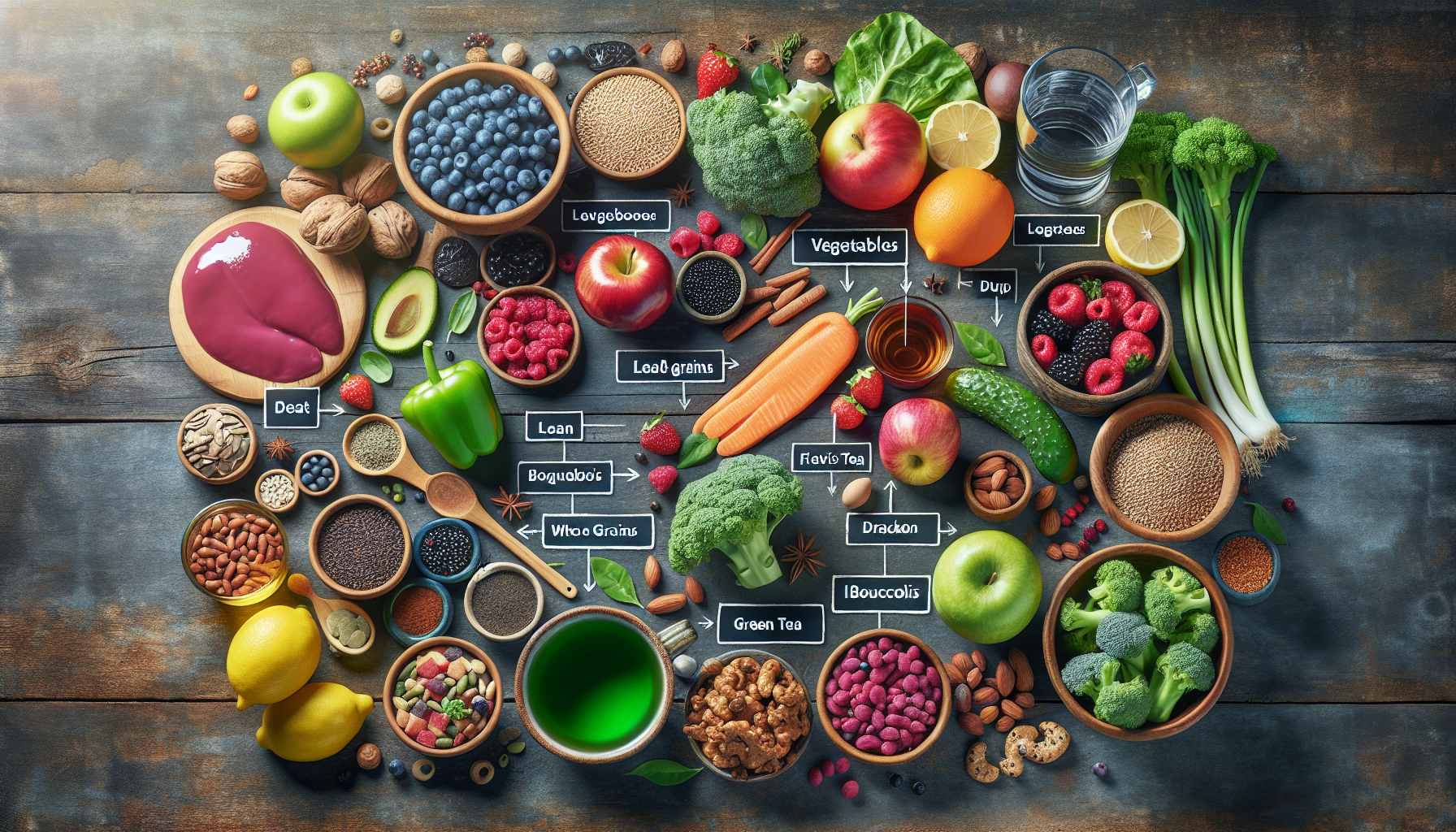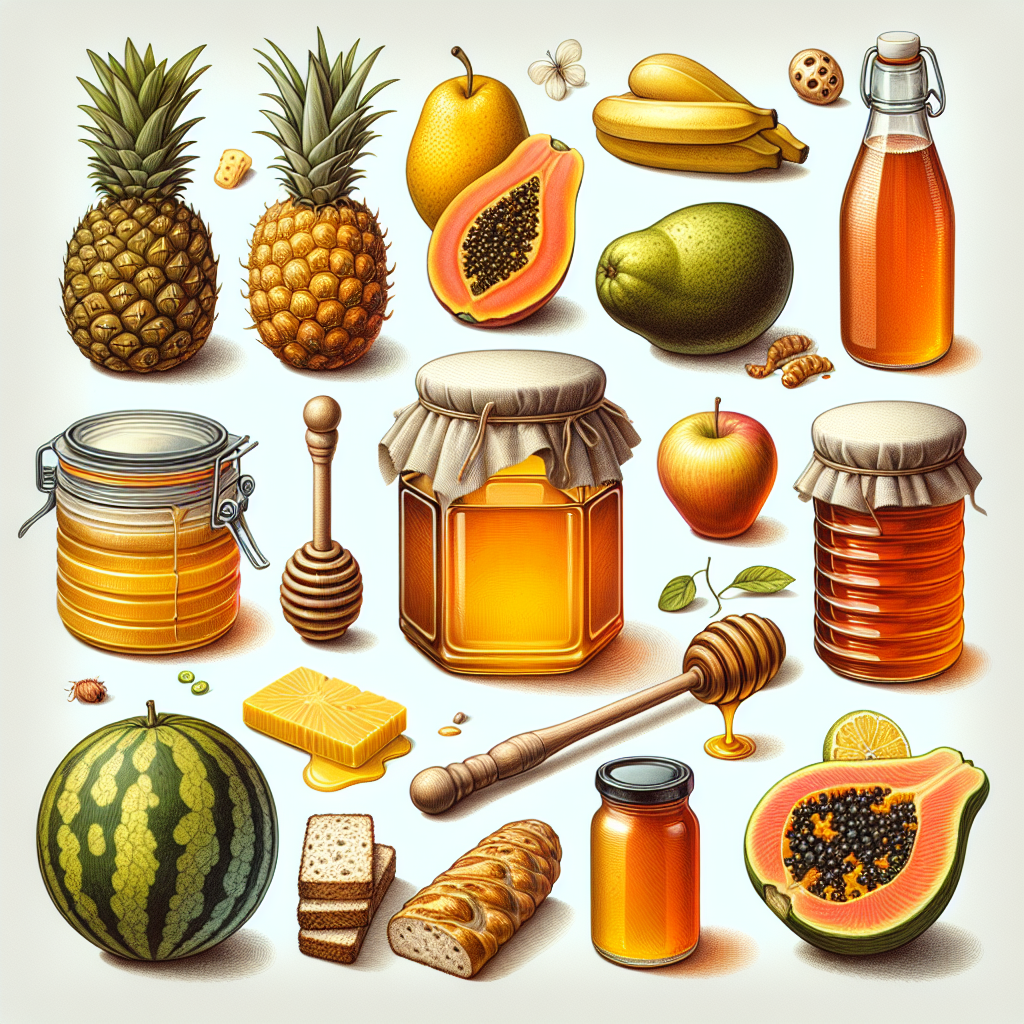Chronic liver disease is a pervasive health issue that affects millions of individuals worldwide. It encompasses various conditions that cause progressive damage to the liver, leading to scarring and loss of liver function over time. The role of diet in managing chronic liver disease cannot be overstated. Through dietary interventions, individuals can significantly influence the progression of liver disease, improve their quality of life, and, in some cases, reverse the damage to their liver.
The Importance of Diet in Liver Health
The liver is an essential organ responsible for numerous critical functions, including detoxification, protein synthesis, and the production of biochemicals necessary for digestion. A healthy diet is paramount in maintaining liver function and aiding the liver in these processes. Conversely, a poor diet can lead to fat accumulation, inflammation, and increased oxidative stress in the liver, all of which contribute to liver disease progression.
Anti-inflammatory and Liver-supportive Diets
An anti-inflammatory diet is beneficial for individuals with chronic liver disease, as it helps reduce inflammation, a key factor in liver damage. Foods rich in antioxidants, such as fruits, vegetables, nuts, and seeds, should be the cornerstone of an anti-inflammatory diet. These foods contain vital nutrients that can help minimize oxidative stress and support liver repair. For more in-depth information on how an anti-inflammatory diet can benefit gut health, which is closely linked to liver health, consider reading about Exploring the Anti-Inflammatory Diet for Gut Health.
Another aspect of dietary management includes reducing the intake of foods that are high in saturated fats, trans fats, and refined sugars, as these can exacerbate liver inflammation and contribute to nonalcoholic fatty liver disease (NAFLD).
Role of Fiber and Whole Grains
Dietary fiber plays a crucial role in liver health. It aids in digestion and can help maintain a healthy weight, which is critical for those with chronic liver disease. Whole grains are an excellent source of dietary fiber. They also contain B vitamins, minerals, and antioxidants that support liver function. To understand more about the impact of whole grains on colonic health and, in turn, liver health, you may find the article on Impact of Whole Grains on Colonic Health quite enlightening.
Alcohol and Liver Health
Alcohol consumption is a well-known risk factor for liver disease. It is imperative for individuals with chronic liver disease to avoid alcohol as it can accelerate liver damage. The effects of alcohol on the digestive system and its withdrawal can be profound, and a deeper dive into this topic is available at The Effects of Alcohol Withdrawal on Digestive System.
Leveraging Natural Enzymes
Natural enzymes, particularly those that aid in the digestion of fats, proteins, and carbohydrates, can have beneficial effects on liver health. They can help reduce the digestive workload of the liver, allowing it to focus on its detoxification and metabolic roles. For those interested in how enzymes can enhance your digestive and liver health, the article Using Natural Enzymes to Enhance Digestive Health provides a comprehensive look.
Probiotics and Liver Function
The health of the gut microbiome is intricately connected to liver health. Probiotics can help maintain a balanced gut flora, which is beneficial for the liver. They do this by reducing gut permeability and decreasing the endotoxins that reach the liver. This, in turn, can prevent the progression of liver diseases such as cirrhosis or hepatic encephalopathy. A more detailed exploration of this topic can be found in the article titled The Influence of Probiotics on Antibiotic-Associated Diarrhea, which underscores the importance of a balanced microbiome.
For further reading on digestive health and its relation to liver health, Avix Health provides a comprehensive resource at Digestive Health.
External Resources Supporting Dietary Interventions in Liver Disease
When looking for credible, niche resources to support dietary management of liver disease, it is important to consult high-quality, evidence-based information. Here are a few external resources that provide valuable insights:
- The American Liver Foundation provides resources on nutrition and liver health, offering diet recommendations for those with liver disease. Find their guidance on liver-friendly diets here.
- The British Liver Trust has a detailed section on diet and liver disease, including specific tips for those diagnosed with various liver conditions. Their dietary advice can be accessed here.
- For those interested in the scientific aspects, the National Center for Biotechnology Information (NCBI) provides access to a multitude of studies on the impact of diet on liver disease. One such study on the role of diet in NAFLD can be reviewed here.
Conclusion
Managing chronic liver disease through dietary interventions is a multifaceted approach that requires a deep understanding of how different foods and nutrients affect liver health. By adhering to an anti-inflammatory diet, incorporating whole grains, enzymes, and probiotics, and avoiding harmful substances like alcohol, individuals with chronic liver disease can greatly improve their condition. As always, consulting with healthcare professionals, including dietitians specializing in liver health, is crucial to tailor a diet plan that is most appropriate for an individual’s specific needs.
The journey towards better liver health is ongoing, and the role of diet cannot be underestimated. By making informed choices and staying up-to-date with the latest research, those affected by chronic liver disease can take proactive steps towards maintaining and improving their liver function, ultimately leading to a better quality of life.



